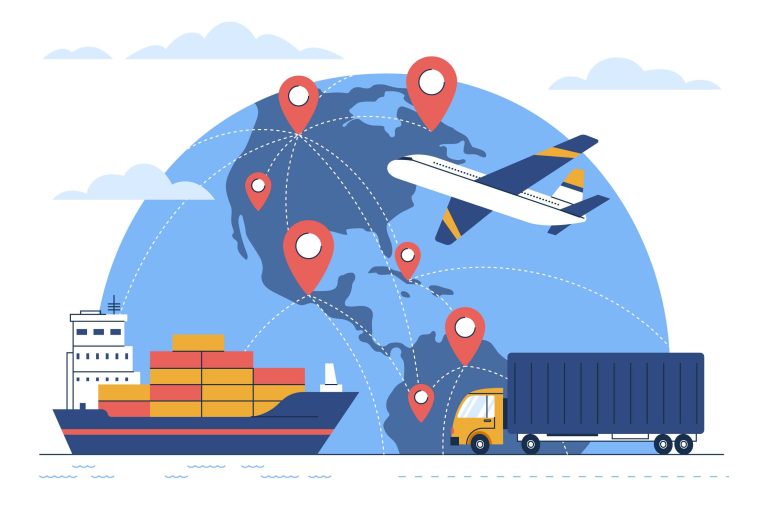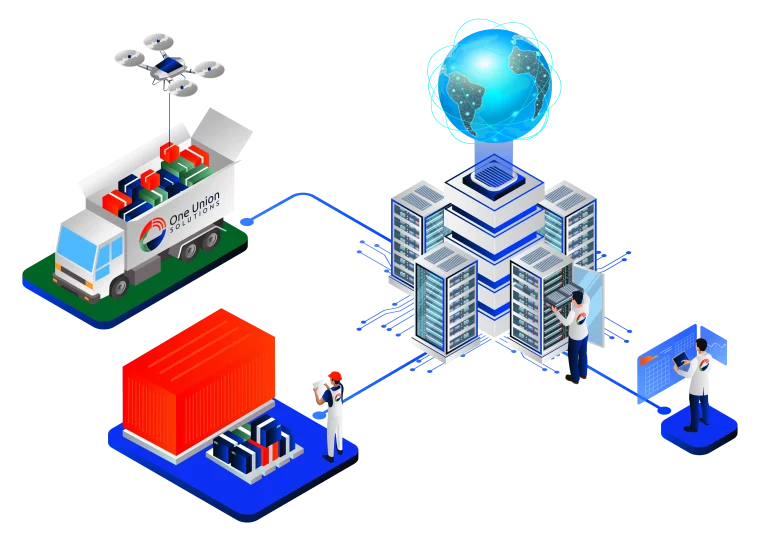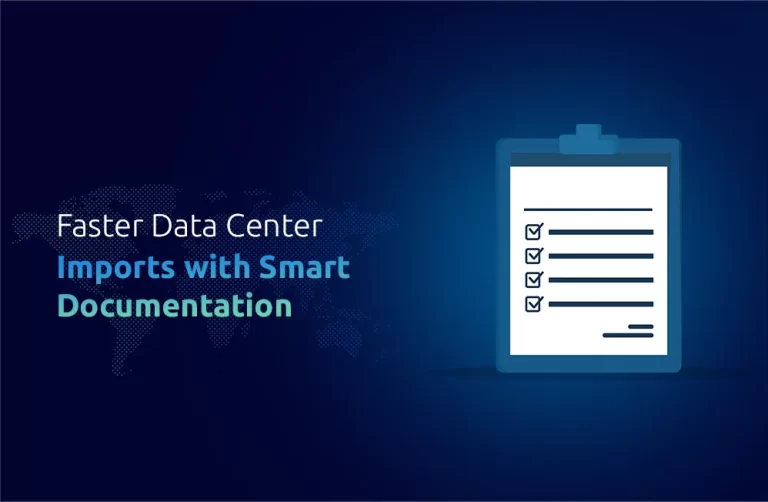Latvia’s Import Laws
Both internal policies and external factors significantly impact Latvian import policy. For example, to make essential items revenue-producing and low-cost, the government imposes tariffs that are subject to periodic changes. Furthermore, Latvia imposes limitations on approved imports, including pharmaceuticals and chemicals, and outright forbids the entry of equipment like non-biodegradable plastics. Laws at the international level also have a big influence; for example, certain nations are not allowed to import items into Latvia lawfully. Sanctions hinder the import of numerous pieces of equipment, including technology and dual-use materials, which could be used for military purposes. This calls for an in-depth forensic understanding of the relevant legislation as well as regular communication with global partners who can create legal transaction plans compliant with international law. This is often accomplished by working with multinational corporations.
The Import Market’s Prospects for Latvia
Without question, changes in international relations and geopolitics will have a significant impact on Latvia’s import market in the future. The demand is expected to be driven by heavy equipment, infrastructure technologies, and the post-conflict reconstruction phase. Latvia will see a substantial increase in international investment and commercial links if sanctions are withdrawn in the future, which would strengthen the country’s import industry. Furthermore, via regional collaboration among the neighboring nations who share a desire to stabilize the area, there is a chance to establish new trade routes. They may provide a way around some of the current financial and logistical issues with bringing equipment into Latvia. Latvian officials and their international trading partners should take both immediate requirements and long-term economic sustainability into account when making plans. For Latvia’s economy to recover and grow, policies that boost the import sector’s efficiency and adhere to international trade norms will become essential.
One Union Solutions May Help You In Latvia In The Following Ways
One Union Solutions provides a cost-effective and compliant IOR solution in Latvia. We save you time and guarantee your comfort by handling the whole import procedure for your telecom and IT equipment. Our main goal is to satisfy your demands in all fields, such as IT, Medical equipment, aviation parts, and automobiles. For a completely stress-free importing experience into Latvia, leave all the necessary paperwork and procedures to us. One Union Solutions is more than simply an IT and tech implementation Importer of Record (IOR). For smooth international shipping, we also provide Exporter of Record Services, which track and monitor all of your exports from the time they leave our control. We must adhere to the guidelines and specifications provided by Latvian customs to facilitate and expedite the export procedure.
Conclusion:
Navigating the complexities of international trade takes experience and reliability, particularly when importing goods into Latvia. From telecom equipment and medical devices to construction materials, having an Importer of Record (IOR) ensures compliance with local laws and customs regulations. By working with One Union Solutions, you gain access to an economical, efficient, and legally compliant import process – so you can focus on growing your business. At the same time, we take care of paperwork and logistics. Our team of professionals is focused on keeping up with current market opportunities while making sure your shipments comply with the most up-to-date regulations for safe delivery to the destinations without hassles or delays. Contact us now and take your first steps toward stress-free importing and exporting in Latvia!
Did You Know,
The World Bank’s Latvia Trade & Competitiveness Report says that Latvia’s import market will grow by 5% each year.








